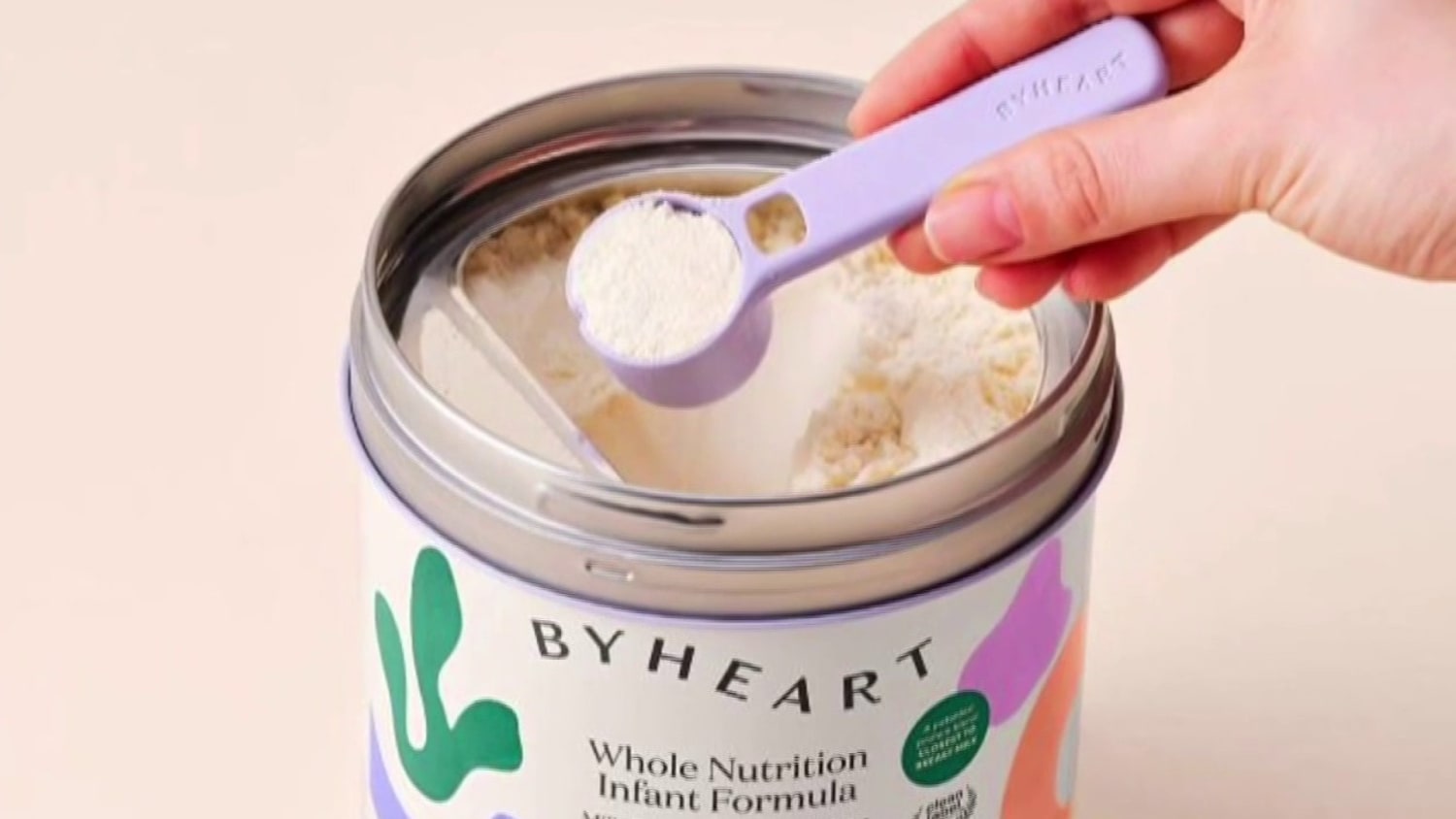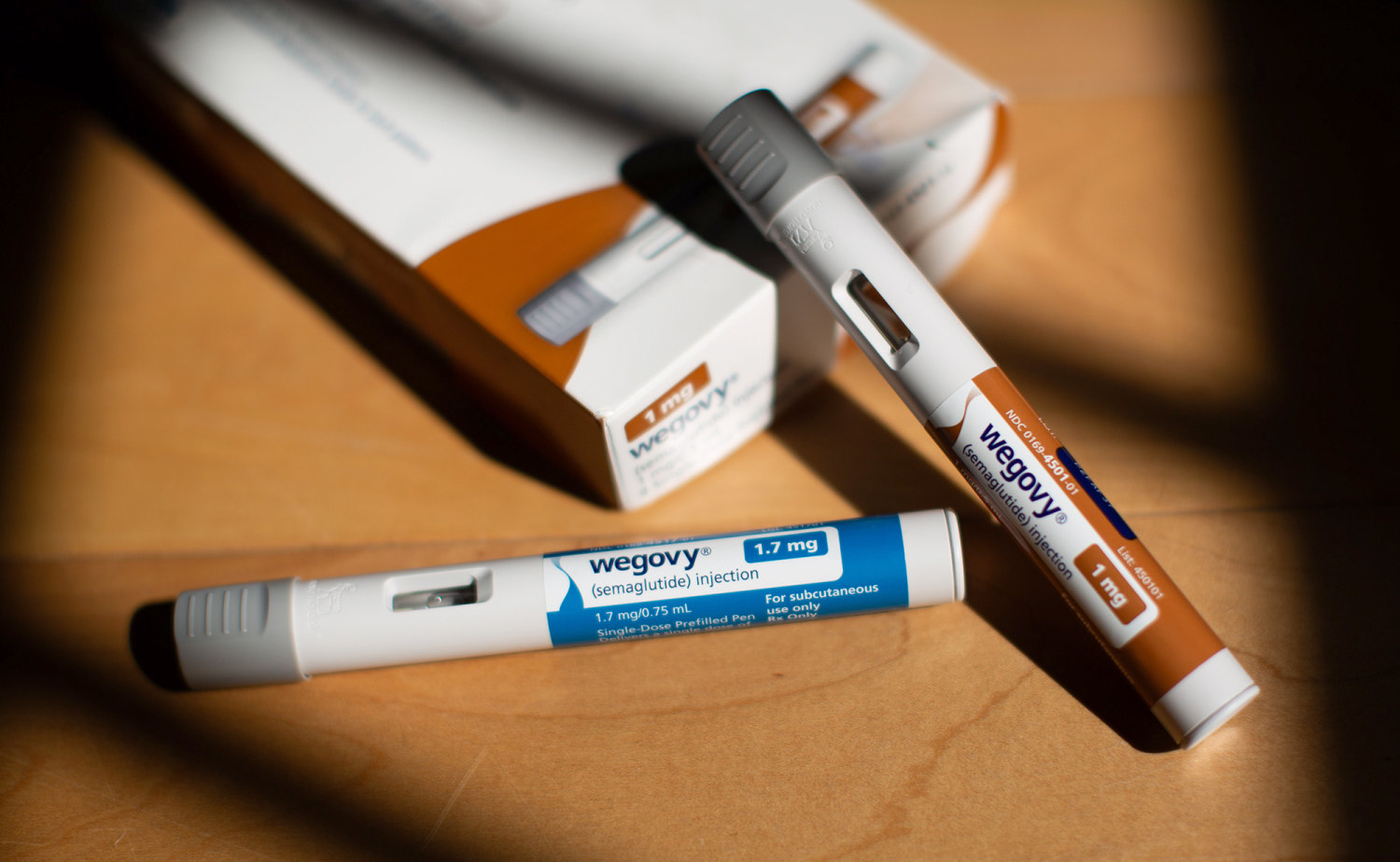A major recall of baby formula across the United States has been announced following a nationwide outbreak of infant botulism linked to ByHeart’s powdered products. The company, facing growing safety concerns, has pulled all batches from the market as health officials intensify their investigation.
ByHeart, a New York–based manufacturer of infant formula, has issued a complete recall of its products after federal health authorities connected multiple cases of infant botulism to its organic Whole Nutrition Infant Formula. The U.S. Food and Drug Administration (FDA) confirmed that since August, at least 15 cases have been reported in 12 different states, most affecting babies under six months old. The recall, initially limited to two production lots, has now expanded to include every batch sold in both cans and “anywhere packs” — single-use sealed pouches designed for convenience.
The company’s decision follows a formal investigation launched by the FDA over the weekend after evidence pointed toward potential contamination of the powdered formula with Clostridium botulinum, a bacterium that produces a dangerous neurotoxin. This organism, when ingested by infants, can cause a rare but serious illness known as infant botulism, which attacks the nervous system and can lead to muscle weakness, breathing difficulties, and, in severe cases, paralysis.
ByHeart’s co-founder and president, Mia Funt, said in a public statement that the recall was guided by a commitment to transparency and child safety. “The safety and well-being of every infant who uses our formula is, and always will be, our highest priority,” she said. “This nationwide recall reflects our determination to protect babies and give families clear, actionable information. Alongside this recall, we are conducting a comprehensive investigation to deliver the answers parents expect and deserve.”
The growing outbreak and its connection to ByHeart formula
According to the Centers for Disease Control and Prevention (CDC), infant botulism develops when Clostridium botulinum spores sprout and generate toxins within a baby’s digestive tract. Initial indicators often involve constipation, feeding difficulties, diminished muscle tone, and faint cries. Without prompt medical attention, the illness can quickly worsen and potentially become fatal. Thankfully, no fatalities have been recorded thus far in relation to this particular outbreak.
The FDA revealed that between August 1 and early November, 84 infants across the country received treatment for infant botulism. Among those cases, 15 had confirmed or suspected exposure to ByHeart’s Whole Nutrition Infant Formula, and all required hospitalization. “ByHeart formula appears to be disproportionately represented among the affected infants,” the FDA noted, emphasizing that the brand accounts for only about 1% of the total U.S. infant formula market.
The identified instances have been located across Arizona, California, Illinois, Kentucky, Minnesota, North Carolina, New Jersey, Oregon, Pennsylvania, Rhode Island, Texas, and Washington. While investigations are still in progress, health officials have yet to discover any connections between other brands or common exposures and the ailment.
Advice for parents and guardians
In response to the recall, federal authorities have strongly advised parents and guardians to cease using any ByHeart infant formula without delay. For those who have already given their infants this product, it is recommended to carefully observe for signs of botulism, as the condition can manifest several weeks following exposure.
The FDA has provided clear guidelines: if a baby who consumed the formula exhibits no symptoms within a month, the leftover product should be safely disposed of. Nevertheless, should signs like constipation, feebleness, or trouble swallowing manifest, guardians must retain any unconsumed formula for lab analysis and promptly seek medical attention.
Health experts emphasize that early medical intervention is essential for recovery. The primary treatment, known as botulism immune globulin, can neutralize the toxin if administered promptly, improving outcomes and reducing complications.
ByHeart’s response and cooperation with investigators
ByHeart has consistently asserted its close collaboration with public health authorities to pinpoint the origin of the contamination. The company has extended an invitation to both the FDA and the CDC to examine sealed containers from its premises, aiming to furnish more precise information and alleviate consumer concerns. In a statement issued on Tuesday, ByHeart declared, “We are providing our full cooperation to federal and state investigators, granting them complete access to our manufacturing locations and product specimens.”
The firm additionally pointed out that no existing rules mandate formula producers, both local and international, to screen for Clostridium botulinum. This lack of compulsory testing, according to specialists, underscores a wider susceptibility within the U.S. baby formula distribution network — a system that has encountered frequent interruptions and safety concerns over the past few years.
The California Department of Public Health was reportedly the first to notice an unusual increase in infant botulism cases among babies who had consumed ByHeart products, prompting state officials to alert federal authorities. The collaboration between the FDA and California health officials has since expanded into a nationwide effort to trace the distribution and contamination points of the recalled formula.
Broader implications for the infant formula industry
This recent product withdrawal contributes to a series of difficulties confronting the American baby formula sector, which has been subject to close examination ever since the 2022 supply disruption that occurred after the shutdown of Abbott Nutrition’s facility in Sturgis, Michigan. That closure, initiated due to worries about bacterial contamination, resulted in several months of widespread scarcity and heightened public consciousness regarding formula safety.
Experts anticipate that the ByHeart recall might further erode consumer confidence and product accessibility, given that smaller producers have found it challenging to meet demand while upholding stringent safety protocols. “Parents depend on formula producers not just for nourishment but also for reassurance,” stated a pediatric nutrition expert. “Events such as this undermine public trust and highlight the necessity for more rigorous supervision and examination.”
The recall also raises questions about the complexity of the formula production process. Powdered infant formula, unlike liquid or ready-to-feed versions, carries a slightly higher risk of contamination because it is not sterile. This risk underscores the importance of precise manufacturing practices, environmental monitoring, and post-market testing — factors that have now become central to the FDA’s review of ByHeart’s operations.
Protecting infant health and consumer trust
For families affected by the recall, the immediate concern is safety and clarity. The FDA continues to update its guidance on the outbreak and is expected to release additional information as testing progresses. Meanwhile, healthcare providers are urging parents not to panic but to stay alert for symptoms and to contact pediatricians if any health issues arise.
ByHeart’s extensive product withdrawal, though inconvenient, could aid in controlling the spread and averting additional illnesses. The firm has underscored its dedication to openness and collaboration, promising to release test outcomes publicly once they are ready. “We are taking every measure to comprehend the root cause of the issue and to ensure it does not recur,” the company declared.
As the investigation continues, the incident serves as a reminder of the delicate balance between innovation and safety in infant nutrition. The formula industry — essential to millions of families — operates under enormous responsibility. Ensuring that every product is safe, sterile, and rigorously tested remains not only a regulatory obligation but a moral imperative.
The unfolding situation with ByHeart underscores the importance of robust oversight, continuous monitoring, and open communication between manufacturers, regulators, and consumers. For parents and caregivers, it is also a moment to stay informed and vigilant, recognizing that safety recalls, while alarming, are critical steps in protecting the youngest and most vulnerable members of society.







